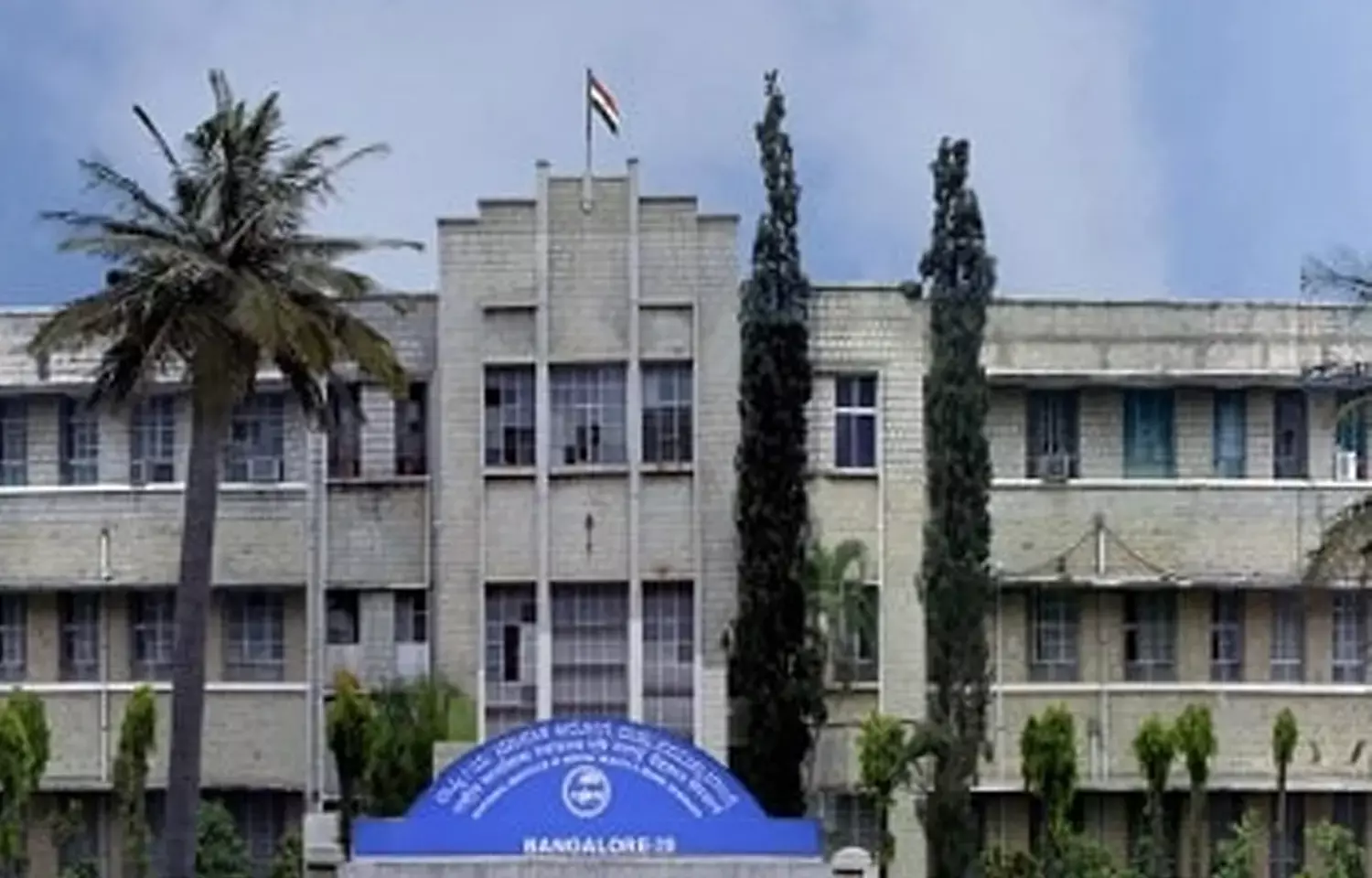- Home
- Medical news & Guidelines
- Anesthesiology
- Cardiology and CTVS
- Critical Care
- Dentistry
- Dermatology
- Diabetes and Endocrinology
- ENT
- Gastroenterology
- Medicine
- Nephrology
- Neurology
- Obstretics-Gynaecology
- Oncology
- Ophthalmology
- Orthopaedics
- Pediatrics-Neonatology
- Psychiatry
- Pulmonology
- Radiology
- Surgery
- Urology
- Laboratory Medicine
- Diet
- Nursing
- Paramedical
- Physiotherapy
- Health news
- Fact Check
- Bone Health Fact Check
- Brain Health Fact Check
- Cancer Related Fact Check
- Child Care Fact Check
- Dental and oral health fact check
- Diabetes and metabolic health fact check
- Diet and Nutrition Fact Check
- Eye and ENT Care Fact Check
- Fitness fact check
- Gut health fact check
- Heart health fact check
- Kidney health fact check
- Medical education fact check
- Men's health fact check
- Respiratory fact check
- Skin and hair care fact check
- Vaccine and Immunization fact check
- Women's health fact check
- AYUSH
- State News
- Andaman and Nicobar Islands
- Andhra Pradesh
- Arunachal Pradesh
- Assam
- Bihar
- Chandigarh
- Chattisgarh
- Dadra and Nagar Haveli
- Daman and Diu
- Delhi
- Goa
- Gujarat
- Haryana
- Himachal Pradesh
- Jammu & Kashmir
- Jharkhand
- Karnataka
- Kerala
- Ladakh
- Lakshadweep
- Madhya Pradesh
- Maharashtra
- Manipur
- Meghalaya
- Mizoram
- Nagaland
- Odisha
- Puducherry
- Punjab
- Rajasthan
- Sikkim
- Tamil Nadu
- Telangana
- Tripura
- Uttar Pradesh
- Uttrakhand
- West Bengal
- Medical Education
- Industry
NIMHANS reels under shortage of beds, District hospitals need better infrastructure

Bengaluru: The National Institute of Mental Health and Neurosciences (NIMHANS), an apex mental health and neuroscience institution in Bengaluru, is currently in a problematic state as it is reported to have an insufficient number of beds which is not enough to deal with the massive pouring in of patients.
The institute receives around 120-140 patients in its emergency section daily, and a large number of people could be seen sleeping on gurneys or just seated around due to the shortage of beds.
Patients with head injuries could also be seen waiting for treatment, at times on wheelchairs. Around 25 patients visit the hospital with head injuries on a daily basis.
There are around 62 beds in the emergency block located on the ground floor, which is the primary site of treatment where the priority treatment takes place. The number of beds is half the total number of patients coming in. Pointing out that a number of the cases are easily treatable conditions, Dr Dhaval Shukla, professor of Neurosurgery at NIMHANS, said that 70% of patients would have mild head injuries, which could be easily treated locally.
Speaking to TOI, Dr Shukla said that a person with a cut on the head who could be treated at a local hospital would be brought across 100km for a mere stitch that can be done in 10 minutes, which causes extra blood loss and inconvenience to the patient. As a preventive measure, he suggested the setting up around five government hospitals with round the clock neurological and neurosurgical emergencies in and around Bengaluru.
Dr TR Kanmani, Associate Professor, Department of psychiatric social work, said that in addition to mental and physical stress, the patients have to go through financial burdens as well, as they spend thousands of rupees to hire private ambulances at night, only to be told that there are no beds.
Meanwhile, in a symposium on brain injuries held during World Head Injury Awareness Day, the NIMHANS doctors noted that the district and taluk hospitals need to improve their efforts in terms of infrastructure and manpower so that people from the far-off places would not have to come to NIMHANS for primary treatment.
Also Read:World Mental Health Day: Govt launches Tele-MANAS for free 24/7 mental health services
Revu is currently pursuing her masters from University of Hyderabad. With a background in journalism, she joined Medical Dialogues in 2021.


